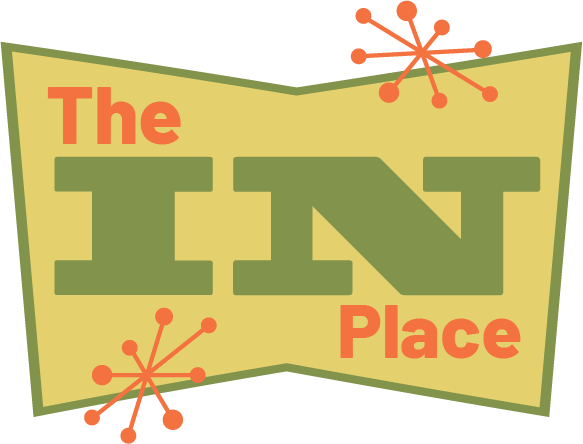Learning to regulate emotion and control anger
So, I’m a bit behind in my blog entries. I have a list on my phone of things that I want to post about. It’s about 30 items long. This particular one dates back to Mother’s Day of last year. Better late than never. Actually the story starts on Christmas about 7 years ago. It was the first year I cooked Christmas dinner for the family. Bare in mind that I was a professional chef at the time. It was only five of us at that point. Then we were four. I think my mom was sick. I was making pollo al mattone. Chicken under a brick. It’s an Italian classic that I’d made, literally, thousands of times, but never at home and not in a few years. I screwed it up and boned out the chicken wrong. As a result it wasn’t cooking correctly or evenly. And it took me forever to realize why. I freaked out. I will spare you the details of the freak out, but it was ugly. It was the freak out that ruined the day for me, not the cooking mistake… I know this now, as I look back. And, it probably ruined it for everyone else too. Fast forward to Mother’s Day last year, our first with two children. I was cooking a special clams dish for my wife (and brother-in-law) who love shellfish. For the rest of us, I was cooking with a special kind of black risotto rice my parents brought back from Italy. I had only read about this kind of rice. And, I went against my own advice and cooked something I wasn’t familiar with for the first time on a special occasion. It was an absolute disaster. I’m not sure if the rice was old, or a joke…
